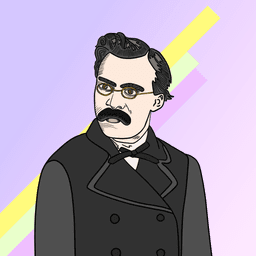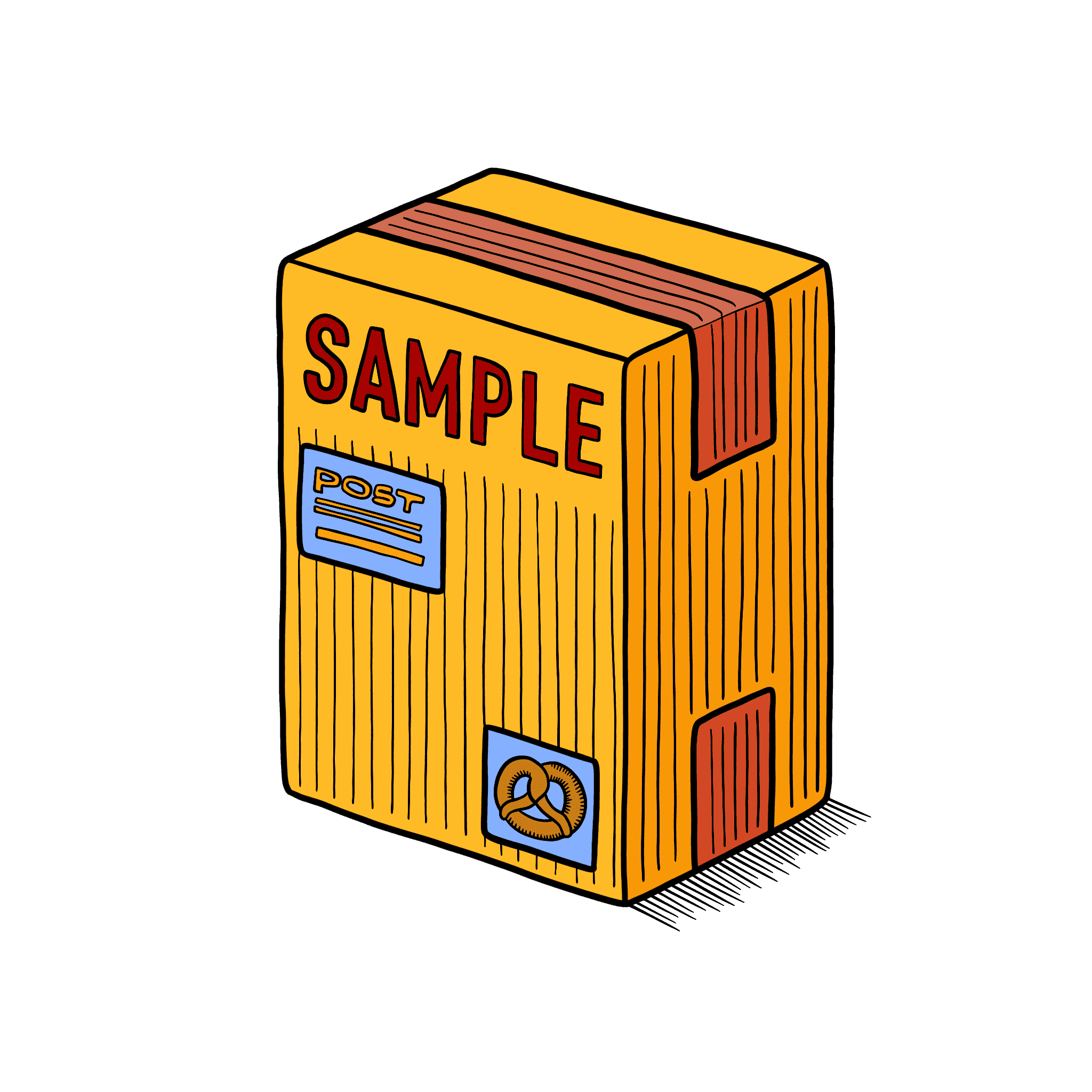Long German Words
Unraveling the Enigma of Very Very Long German Words
The German language is often renowned for its linguistic complexity, and one of the fascinating aspects of this complexity is the existence of extraordinarily long words. These "very very long" words, also known as compound words, demonstrate the German language's unique ability to create comprehensive terms by combining multiple words into one. In this blog post, we will delve into the intriguing world of these lengthy German words and explore ten examples to expand your linguistic horizons.
1. Rindfleischetikettierungsüberwachungsaufgabenübertragungsgesetz
Beef labeling supervision duty assignment law
This word, often cited as one of the longest German words, refers to a law that existed in Germany, mandating the supervision of labeling beef. It's a prime example of how German can combine several words to form a single term.
2. Donaudampfschifffahrtsgesellschaftskapitän
Danube steamship company captain
Here's a mouthful of a word that describes a captain working for the Danube steamship company. German loves to string together words, and this word showcases that beautifully.
3. Heizölrückstoßabämpfung
Heating oil recoil suppression
While it may seem like a technical term, this word illustrates how German speakers can seamlessly join words to describe specific concepts in a succinct yet lengthy manner.
4. Krankenversicherungsgesetz
Health insurance law
This word is a compound of "Kranken" (sick), "Versicherung" (insurance), and "Gesetz" (law), and it aptly summarizes its meaning.
5. Kraftfahrzeug-Haftpflichtversicherung
Motor vehicle liability insurance
This is a prime example of German's ability to create precise words by combining multiple concepts into a single term. It's an insurance specific to motor vehicles.
6. Handschuhschneeballwerfer
Glove snowball thrower
Yes, German words can be whimsical too. This compound word describes someone who throws snowballs while wearing gloves. It showcases the language's flexibility in expressing even mundane activities in one word.
7. Geschwindigkeitsbegrenzungsschilder
Speed limit signs
This word simply combines "Geschwindigkeit" (speed) and "Begrenzungsschilder" (limit signs) to create a straightforward yet lengthy term for road signs indicating speed limits.
8. Backpulverstreuer
Baking powder dispenser
German is adept at condensing concepts into single words, making this word ideal for describing a common kitchen tool.
9. Fernsehwerbesendung
Television commercial broadcast
This word may be quite a mouthful, but it's a perfect example of how German can be specific and concise in terminology, even in the world of advertising.
10. Bücherregalrückwand
Bookshelf back panel
This word ingeniously combines "Bücherregal" (bookshelf) and "Rückwand" (back panel) to create a term for the back part of a bookshelf. It's a testament to the German language's knack for precision.
Intriguing, isn't it? The German language's ability to concatenate words in a meaningful way provides both a challenge and an opportunity for those learning and using it. While these long words may appear intimidating at first, they showcase the beauty of German's flexibility in expressing complex ideas concisely.
Remember, the key to mastering these extended terms is breaking them down into their constituent words and understanding their meanings. German is a language rich in history and culture, and its words are like pieces of a puzzle that, when assembled, paint a vivid picture of its people, traditions, and way of life. So, whether you're an aspiring linguist or simply fascinated by the intricacies of language, delving into the world of very very long German words is an adventure worth embarking upon.



